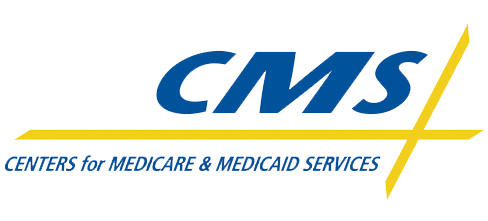A Big Step Forward: CMS Expands Reimbursement for Remote Patient Monitoring
The Centers for Medicare & Medicaid Service has finalized expanded guidelines for the 2020 Physician Fee Schedule with new reimbursement rules, which will allow hospitals and health systems to receive Medicare reimbursement for remote patient monitoring (RPM) services.
The updated guidelines, which include new CPT codes, come after years of anticipation among the paramedicine and telemedicine communities. The CMS guidelines will be part of the 2020 Physician Fee Schedule, enabling hospitals and providers more opportunities to leverage remote patient monitoring while laying the groundwork for expanding and improving new telehealth and HealthCall programs to reach more patients in need.

The new CPT codes offer providers more reimbursable time each month to deliver virtual care to patients who often struggle with chronic conditions and need more around-the-clock oversight.
Leaders in the telemedicine industry welcomed the good news.
“These new changes to remote patient monitoring services advance the ability to improve patient care experience and allow more cost-effective business models,” Nathaniel Lacktman, a partner in the Foley & Lardner law firm and chair of its national Telemedicine & Digital Health Industry Team, and Emily Wein, a healthcare lawyer with the firm, said in a blog post.
The new guidelines will give providers more reimbursable time each month to care for patients remotely.
“Starting January 1, 2020, RPM services reported with CPT codes 99457 and 99458 may be billed ‘incident to’ under general supervision,” Lacktman and Wein explained in their examination.
CPT code 99457 covers the first 20 minutes per month of RPM services, defined as “remote physiologic monitoring treatment management services, clinical staff/physician/other qualified health care professional time in a calendar month requiring interactive communication with the patient/caregiver during the month.” CPT code 99458 would then be used for an additional 20 minutes.
“The physician or other qualified healthcare professional supervising the auxiliary personnel need not be the same individual treating the patient more broadly. However, only the supervising physician or other qualified healthcare professional may bill Medicare for ‘incident to’ services.”
“Because care management services include establishing, implementing, revising, or monitoring treatment plans, as well as providing support services, and because RPM services include establishing, implementing, revising, and monitoring a specific treatment plan for a patient related to one or more chronic conditions that are monitored remotely, CMS will now include CPT codes 99457 and 99458 as designated care management services,” Lacktman and Wein expounded. “As designated care management services, RPM can be furnished under general supervision. The regulation, at 42 CFR § 410.26(b)(5), states that designated care management services can be furnished under the general supervision of the ‘physician or other qualified health care professional (who is qualified by education, training, licensure/regulation and facility privileging)’ when these services or supplies are provided ‘incident to’ the services of a physician or other qualified healthcare professional.”
The move to bring remote patient monitoring under the fold did not come without some hurdles. An “incident to” service is defined by CMS as a service performed under the supervision of a qualified healthcare professional. CMS mandated that “incident to” services be carried out under the direct supervision of a physician physically present in the room with the other provider, which created problems for those who provide RPM care on behalf of physicians such as those in paramedicine and telemedicine who care for patients in their homes. CMS later agreed that physicians do not have to be physically present on the premises with patients when “incident to” services are carried out by another qualified care professional—a win for those working in paramedicine and telemedicine.
“We are pleased to see CMS make this final ruling in support of general supervision over other qualified healthcare professionals,” said Daniel Hayes, President and Chief Executive Officer of HealthCall a leading provider PRM for chronic care management, population health, and community paramedicine. “This is good news for HealthCall clients. These new guidelines will certainly help our clients expand their telehealth services to care for more patients. Now they can be reimbursed for what they have been doing—for their dedication to improving patient care.”
